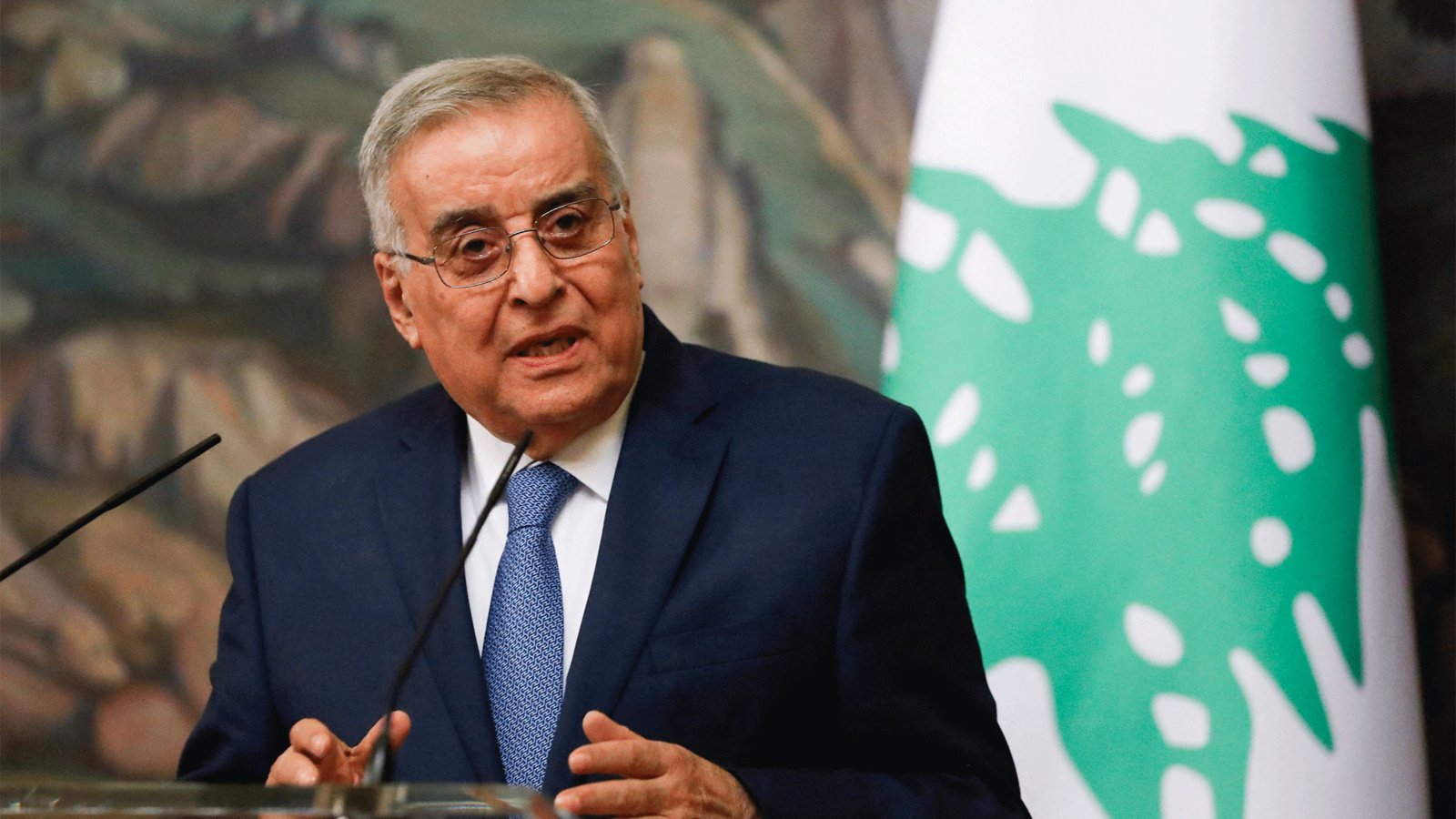ROME — Abdallah Bou Habib, Lebanon’s Foreign Affairs Minister, speaking at a conference in Rome is “hopeful” there will be a ceasefire between Hezbollah and Israel by Tuesday evening, saying that they are waiting for the Israeli Security Council.
The Israeli security council is set to speak at 5.30PM local time, potentially lasting until 9pm, according to reporting from the Times of Israel.
Bou Habib said the international community’s experience with ceasefire negotiations between Israel and Hamas in Gaza tells “us we should be hopeful but not certain that things will go the right way.”
Stay on top of your world from inside your inbox.
Subscribe for free today and receive way much more insights.
Trusted by 114,000+ subscribers
No spam. No noise. Unsubscribe any time.
Bou Habib said the 60-days timeline would come at the end of January, saying “I don’t think Mr. Netanyahu will give all the pleasure to President Biden, he will give some of it to President-elect Trump.”
The ceasefire proposal includes an initial 60-day truce, the withdrawal of Israeli forces from Lebanon, and the removal of Hezbollah fighters and weapons from south of the Litani River, approximately 30km from the Israel-Lebanon border.
Bou Habib said that the Lebanese army would replace Hezbollah forces in the area, while the US would lead a five-country committee to monitor the ceasefire.
When asked if the Lebanese forces, under the oversight of the US, was prepared to take control of the area, Bou Habib said the US has and will give support for the Lebanese Armed Forces, adding that he hopes the US will play a role in “reconstructing the south’s infrastructure.”
Hezbollah, an Iran-backed militia group that the US characterises as a terrorist organisation, currently has a foothold in the area.
Lebanese authorities have said that any ceasefire deal should be in line with the UN Security Council Resolution 1701, which previously ended the 2006 war between Israel and Hezbollah, which mandated that Hezbollah fighters and weaponry withdraw from the Blue Line, or border zone between Israel and Lebanon.
Some leaders in Israel have been skeptical of a deal — Israeli national security minister Itamar Ben-Gvir took to X to express opposition to the proposed deal, saying that Israel should pursue “total victory,” calling any deal a “grave mistake.”
Washington, who would chair the ceasefire committee, cautioned that a deal was close on Monday. National Security Council Spokesman John Kirby said while the US “believes we’ve reached this point where we’re close,” he said “we’re not there yet.”
The State Department Spokesperson on Monday said “we believe we’re close to an agreement. We believe that we have narrowed the gaps significantly” but said “there are still steps that we need to see taken.”
Israel and Hezbollah have exchanged fire nearly daily since October 8, 2023, a day after the Iran-backed Gaza-based militia group Hamas attacked southern Israel, taking 254 people hostage and killing over 1,000.
The Day After
When asked about the ‘Day after’ Bou Habib said he hasn’t considered specifics, saying “we are so busy with a ceasefire.”
The Foreign Minister added though “We need a stable border…and for us to build a very strong state.” Telling the diplomatic audience that he is “not afraid for Lebanon economically, I am afraid for security, for stability.”
Bou Habib said “We have to fix the banking sector, there is no trust for bankers in Lebanon.” “People are afraid to put their money there [in Lebanese banks]…hopefully with the help of the International Monetary Fund.”
Europe’s Role
When asked about Europe’s role in conflicts, Bou Habib said it is difficult for Brussels to help in the political process.
Europe can help more with the reconstruction process than the political process, given the structure of Europe needing unity; “there’s always one member objecting.” Bou Habib said he “heard this from EU Foreign Affairs Chief Borrell.”









